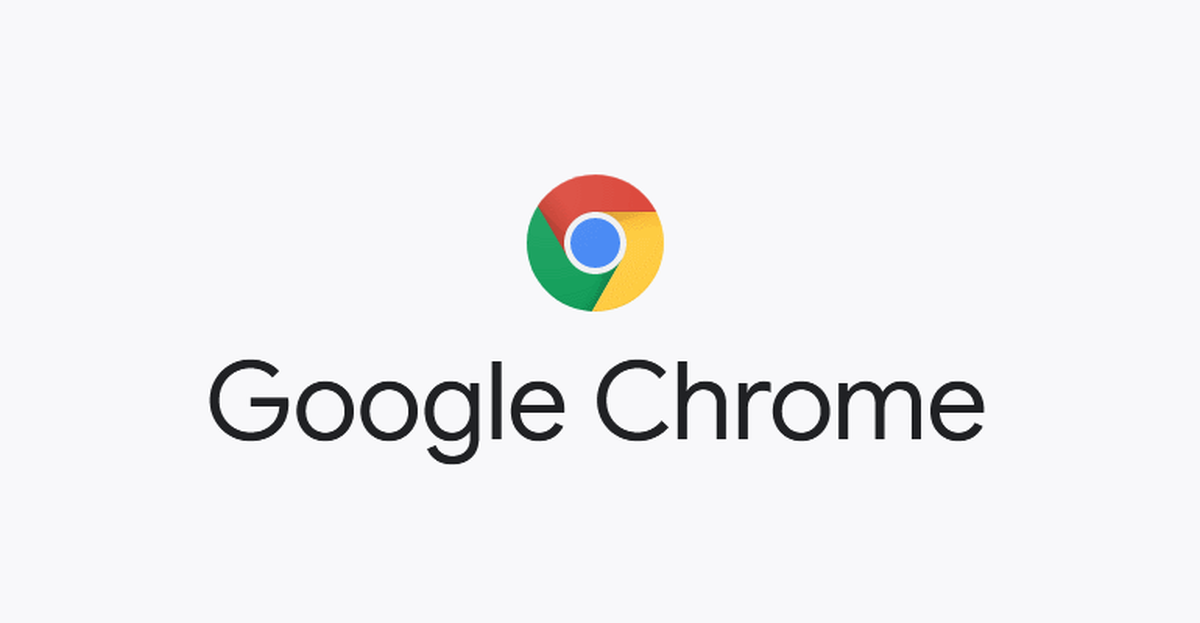Google has announced that the firmware version of Chrome will be released every four weeks, starting with Chrome 94 in the third quarter of 2021.
Previously, Google released new releases every six weeks, releasing smaller updates in between.

The decision to shorten the release cycle is due to improved testing and Chrome release procedures, according with Alex Mineer, Google Chrome Operations technical program manager.
Google also announced that a new extended stable version of Chrome will also be released, which will be available to enterprise administrators and users Chromium that need extra time to manage updates. This version of Chrome will be updated every eight weeks.
Security updates to the extended stable release will be released every two weeks to resolve major issues. These updates will not contain new features or all the security fixes that will be provided in the regular version of Chrome that will be released every four weeks.
Google also announced that it will lower the minimum price for products in 20 markets, allowing Android developers to set prices for their products in the range of 10-30 cents to attract more customers.
"These extremely low prices, below one dollar, will allow developers to reach new potential buyers by adjusting their prices to better reflect local purchasing power and demand," Google said.
Purchases that will receive these minimum prices for applications will be Bangladesh, Bolivia, Bulgaria, Costa Rica, Croatia, Czech Republic, Denmark, Hungary, Jordan, Kazakhstan, Lebanon, Myanmar, Pakistan, Paraguay, Romania, Serbia Lanka, Tanzania, Thailand and Vietnam.





